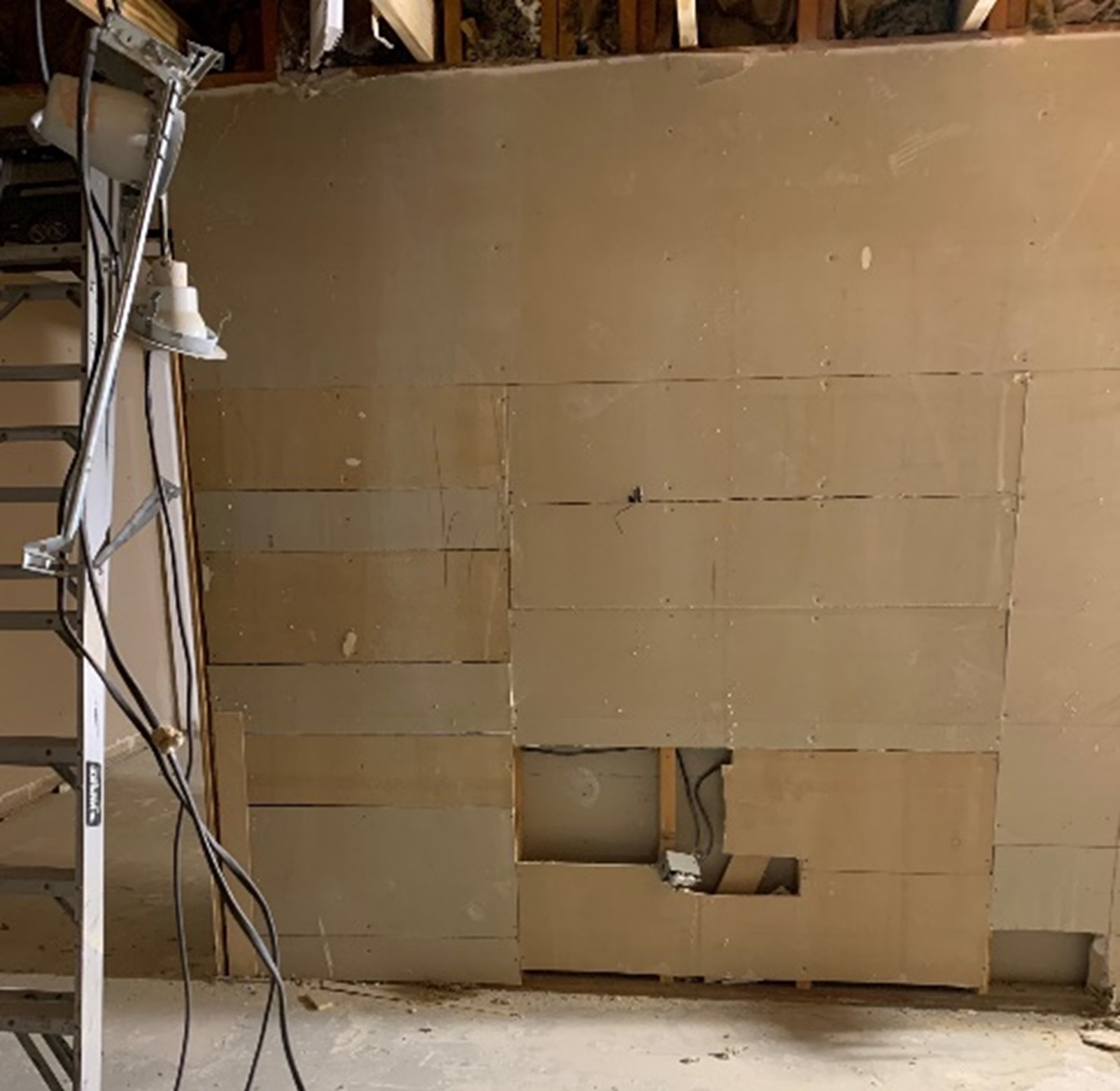by Karen Ensley Board-Certified Construction Law Attorney
Managing people, processes and product can be the biggest collective hassle in your organization, robbing you of the time, energy and money you need to grow the business. Simplify management by using these proven, effective strategies.
In the first article in this 3-part series, we focused on managing office processes. This article is focused on managing jobsite processes and part 3 is on being paid for your work.
Before the Job Starts . . .
You might consider creating a check sheet with these questions for each job.
- Where is the job located? (This means a specific address/location.)
- Who is the owner? Is it a leasehold or are you improving real property for the fee owner?
- Is it public or private? If it’s public, make sure you get a copy of the payment bond well before you need it.
- Send notice of retainage immediately.
- Send notice of specially fabricated materials as soon as the order is accepted. (If you can’t return it without having to pay a penalty, it’s specially fabricated.)
- What is the schedule? Get it up front and keep checking for updates.
- Identify any long lead items and get them ordered.
Managing the Building Process
How much supervision the project requires will depend on the level of technical detail and where the project is located. Calculate your rental costs, even if you are “renting to yourself,” as this always weighs in on the amount of supervision needed.
Know your fuel and maintenance costs.
Document Your Work
Keep daily logs and include helpful information in them. Describe the work being performed: in reasonable detail and by area, the work force, instruction provided by the owner, GC or others, and any hindrances to being able to perform your work including weather, site conditions, or other trades working in the area.
Take LOTS of daily/weekly photographs that are date and time stamped. Use confirming emails and/or texts for every directive or change.
Jobsite Safety
Documenting your safety training is essential. Employees should individually sign in. If your workforce is Spanish speaking, ensure the training is being provided in Spanish and note who is translating.
Your MSDS binder needs to be up-to-date and onsite at all times. Every employee needs to know where it is located. OSHA will ask to see it.
Document, Document, Document!
“If it’s not in writing, it never happened.” Document any instruction from the Owner or GC. Confirm instructions in writing. Write them down in your daily logs. Always answer an email with an email, a fax with a fax, a text with a text, and a letter with a letter. Record important events using your cell phone.
But Don’t Document . . .
Don’t document flaws, whether real or perceived, in the management of your business or project. You may think you’re simply letting the owner or GC know that you “heard them” and are taking their concerns seriously, but it can and likely will come back to haunt you.
Working Out of Town
When manning an out-of-town job, consider supplementing with local labor and/or subcontracting out the job. Develop relationships with companies that can provide contract labor. Don’t trust a stranger with your business! Make sure you have a trusted foreman looking out for the company’s interests.
Change Order Work
Most jobs have them so know ahead of time how you’re going to handle the change order process. Make it a part of your process to negotiate reasonable terms, i.e., profit and overhead. Know what it costs you to do the change order work, taking into account your hard and soft costs as well as additional time needed to perform the added work. Know ahead of time who within the Owner/GC is authorized to approve them.
Obtain written authorization prior to start. Document the request and that it’s a scope change, including if it is a backcharge to another trade. This is much easier to do if your bid and contract have properly identified your scope. Carefully document – in detail – the extra work in your dailies.
If you are performing disputed charge order work, include a reasonably detailed scope. Break out each item separately, including overhead, insurance (NOT appropriately lumped in with overhead), added supervision, rental equipment, mobilization, overtime as appropriate, and truck/fuel costs.
By implementing these strategies, you’ll have more time and energy to focus on developing your business to meet your goals.
Karen Ensley
Ensley Benitez Law, PC
8140 Walnut Hill Lane, Ste. 835
Dallas, Texas 75231
817-538-6894
© Karen Ensley and Brian Benitez, Ensley Benitez Law, PC, 2021. All rights reserved. This article is provided for educational reasons exclusively and is not meant to be construed as legal advice. Ensley Benitez Law, PC, will represent you only after being retained and that agreement is made in writing.


.png)





